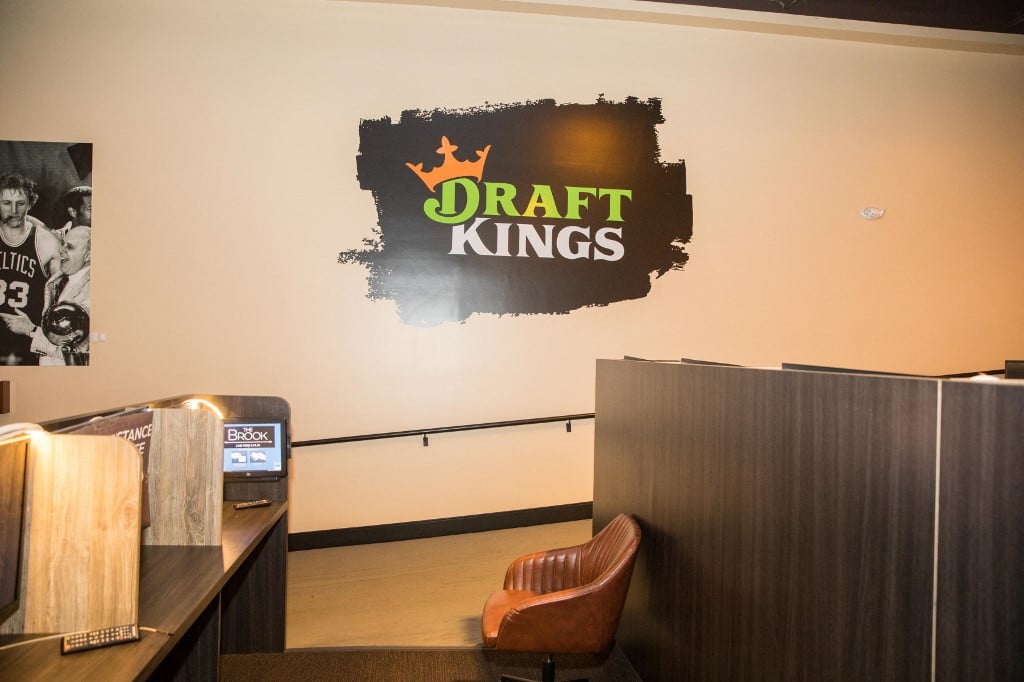
Boston-based DraftKings has announced the shuttering of its NFT marketplace following a class action lawsuit from consumers who purchased the non-fungible tokens.
No More NFTs
Non-fungible tokens (NFTs) are digital representations of athletes, celebrities, and just about anything under the sun. They were a brief part of DraftKings’ revenue portfolio, peaking in 2021 through 2022, but the value of the pieces has plummeted, prompting a class action suit aimed at DraftKings and its Reignmakers brand.
Reignmakers came shortly after NFTs were introduced with the former being part of contests run by DraftKings. The popularity of these NFTs has waned considerably and many who purchased them are left with digital playing cards that have little to no value.
As of July 30, DraftKings has decided to shut both its NFT marketplace and its Reignmakers contests and will reportedly reimburse its customers but to what extent has not yet been made clear.
“Reignmakers and our NFT Marketplace saw immediate success upon launch, and we are proud of what we accomplished in such a short time. After careful consideration, DraftKings has decided to discontinue Reignmakers and our NFT Marketplace, effective immediately, due to recent legal developments,” the company said in a statement on Tuesday. “This decision was not made lightly, and we believe it is the right course of action.”
“This decision was not made lightly, and we believe it is the right course of action,” DraftKings said in its announcement. “Due to this update, we have decided to offer all holders of Reignmakers digital game pieces the opportunity to relinquish those game pieces to DraftKings in exchange for a cash payment (subject to certain conditions).”
Legal Action
The basis for the class action lawsuit against DraftKings is rooted in the allegation that its NFT sales violated U.S. securities laws. A company called NBA Top Shot reached a $4 million settlement in June with its customers who purchased their NFTs.
DraftKings co-founder, Matt Kalish, initially expressed enthusiasm for the NFT market, saying last year on an Ark Invest podcast, “We were really looking to build the best utility-driven, NFT product out there, and we saw some really great momentum” during the initial launch which convinced the company to expand its offerings from football to the UFC and ultimately to PGA Golf.
Although NFT collectors will maintain the opportunity to access and transfer their collections, the company’s experiment with NFTs has come to an abrupt close. That will be of little consolation for those who believed they were riding the next big wave in digital tokens. It also serves as a warning to other companies that seek to do the same.
Joel Belfer, who operates the Mint Condition blog on sports collectibles, said, “It’s important for all companies wading into the NFT and collectibles space to be buttoned up legally, or else you risk an outcome like DraftKings. It’s not the first or last time we’ll see a company face legal challenges and halt an offering due to running up against securities laws.”







